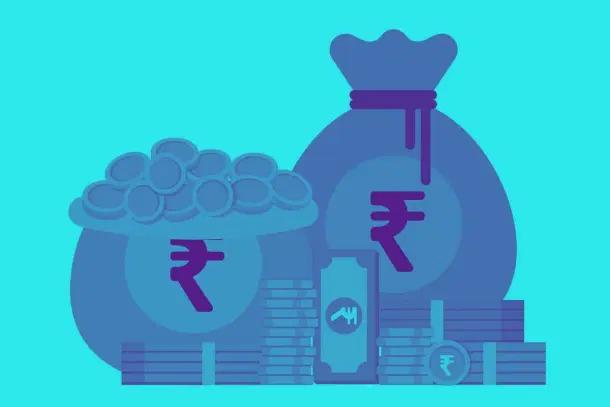News Brief
India’s Direct Tax Collections Rise 19 Per Cent To Rs 21.88 Lakh Crore In FY25
Arjun Brij
Feb 12, 2025, 04:27 PM | Updated 04:27 PM IST
Save & read from anywhere!
Bookmark stories for easy access on any device or the Swarajya app.


India’s direct tax collections have recorded 19.06 per cent year-on-year (YoY) growth, reaching Rs 21.88 lakh crore in the financial year 2024-25 (as of 10 February 2025), according to the latest figures released by the Income Tax Department.
This robust growth is primarily attributed to higher corporate and non-corporate tax revenues, alongside a sharp increase in Securities Transaction Tax receipts according to ANI.
The data reveals that gross direct tax collections stood at Rs 21,88,508 crore, a substantial rise from Rs 18,38,194 crore collected during the same period last year.
The surge has been largely driven by increases in corporate tax and non-corporate tax collections.
Corporate tax receipts rose to Rs 10,08,207 crore, compared to Rs 8,74,561 crore in the previous financial year.
Similarly, non-corporate tax collections surged to Rs 11,28,040 crore, up from Rs 9,30,364 crore in the corresponding period last year.
A notable contributor to this tax revenue boost is the securities transaction tax, which jumped to Rs 49,201 crore from Rs 29,808 crore in the previous year, reflecting heightened activity in the financial markets.
Direct taxes are levied directly on individuals and businesses and include income tax, corporate tax, and securities transaction tax.
Other taxes, including wealth tax, saw a marginal decline, slipping from Rs 3,461 crore to Rs 3,059 crore.
Tax refunds have also witnessed an increase of 42.63 per cent, reaching Rs 4,10,105 crore.
After accounting for refunds, net direct tax collections stand at Rs 17,78,402 crore, reflecting a 14.69 per cent increase compared to Rs 15,50,663 crore during the same period in the previous year.
The rise in tax revenues is a positive indicator of India's fiscal strength, reinforcing the government’s revenue base and reducing reliance on borrowing.
It also reflects the resilience of the Indian economy despite global uncertainties.
With strong tax inflows, the government is better positioned to increase public expenditure in areas such as infrastructure, social welfare, and economic development, thereby further stimulating growth and investment.
With two months remaining in the financial year, direct tax collections are poised to exceed budget estimates, further reinforcing India's economic stability and fiscal sustainability.
Read More: BMC Aims To Complete Mumbai Road Concretisation By 31 May To Ensure Monsoon Readiness
Arjun Brij is an Editorial Associate at Swarajya. He tweets at @arjun_brij





